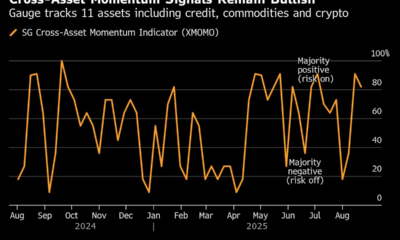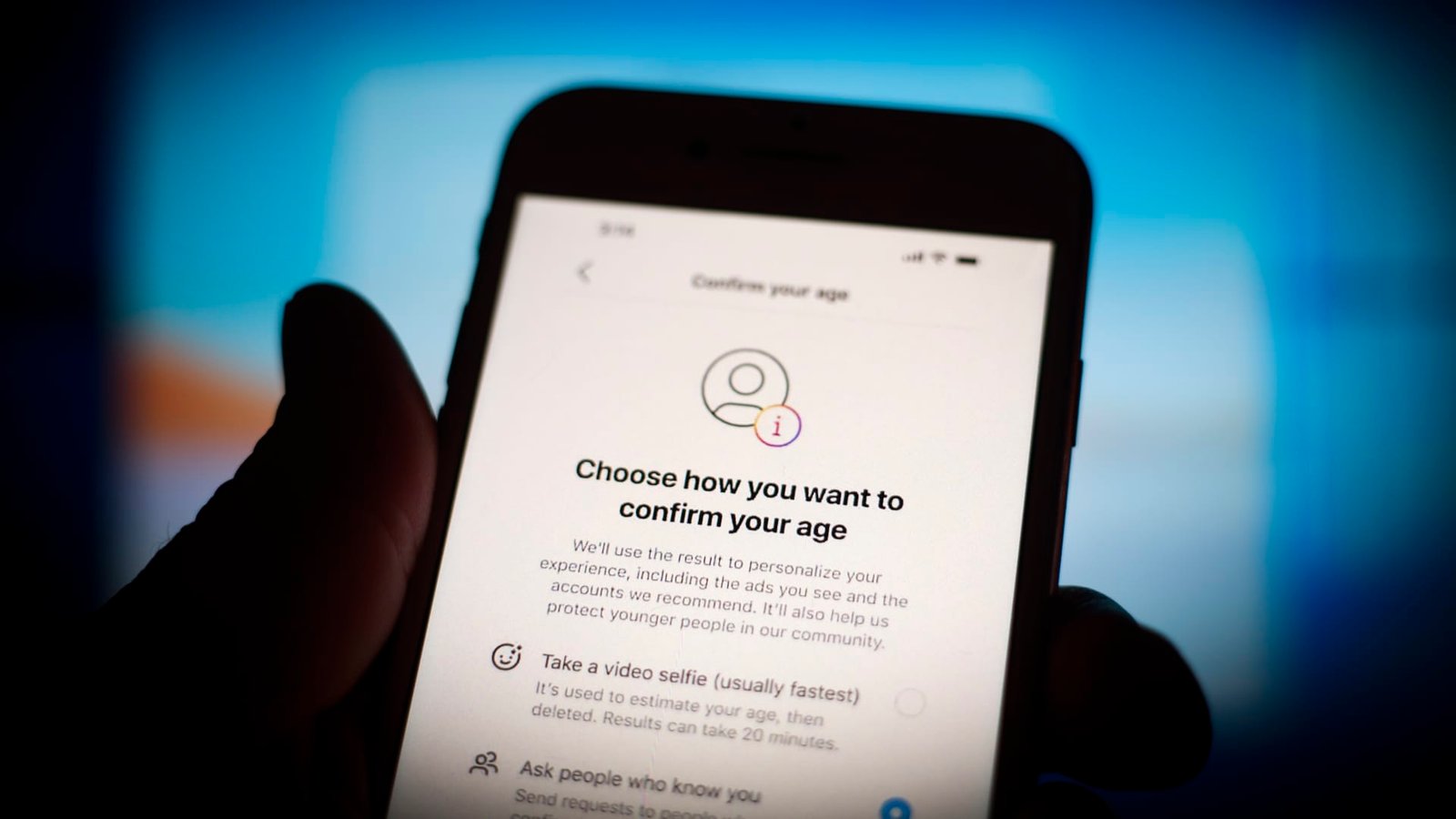Dublin, Aug. 20, 2025 (GLOBE NEWSWIRE) — The “Solar AI Market Size, Share & Trends Analysis Report by Technology (Natural Language Processing, Machine Learning), Application (Smart Grid Management, Demand Forecasting), End-use, and Region with Growth Forecasts, 2025-2030” has been added to ResearchAndMarkets.com’s offering.
The Solar AI Market, valued at USD 5.96 billion in 2024, is projected to reach USD 18.43 billion by 2030, advancing at a CAGR of 20.80%. The integration of artificial intelligence into solar design platforms is accelerating, as companies aim to automate and enhance the solar project lifecycle.
Companies leveraging AI-driven design tools position themselves to manage higher project volumes with reduced resource allocation. For instance, in February 2025, U.S.-based Sunnova Energy International, Inc. partnered with OpenSolar to integrate AI-powered design capabilities into its Catalyst dealer platform. This collaboration aims to enhance the speed and accuracy of solar system proposals nationwide, promoting efficiency, meeting increasing market demand, and establishing a new benchmark for swiftness and precision in solar deployments.
AI models are revolutionizing the solar energy sector by enhancing forecasting accuracy, crucial for optimizing energy production and consumption. These models incorporate real-time weather data with historical energy trends, resulting in more precise solar energy generation predictions. Improved forecasting allows grid operators to manage energy distribution and storage more effectively, ensuring supply meets demand efficiently. Moreover, AI-driven solutions enable better utilization of energy storage systems, ensuring excess energy generated during peak sunlight hours is stored for usage during low-generation periods.
The fusion of solar energy, battery storage, and artificial intelligence (AI) is gaining prominence in the renewable energy market, especially for grid decarbonization. Amazon.com, Inc.’s Baldy Mesa solar-plus-storage farm exemplifies how AI solutions enhance energy forecasting, storage optimization, and grid stability, crucial as renewable energy production is inherently intermittent. This trend indicates a comprehensive effort to boost energy system reliability, reduce fossil fuel reliance, and promote cleaner alternatives.
Furthermore, AI models optimize the timing and method of energy storage or distribution, guaranteeing a consistent flow of carbon-free power, even during non-peak production hours. As investments in energy storage and AI capabilities grow, the solar sector is evolving into a more efficient, responsive, and sustainable energy market. This marks a shift towards more advanced grid integration technologies, driving the next wave of clean energy innovation.
Solar AI Market Segmentation
This report forecasts revenue growth at global, regional, and country levels and provides an analysis of the latest industry trends and opportunities in each sub-segment from 2018 to 2030. For this study, the analyst has segmented the global solar AI market report based on technology, application, end-use, and region:
Technology Outlook (Revenue, USD Million, 2018-2030)
- Natural Language Processing
- Machine Learning
- Computer Vision
- Others
Application Outlook (Revenue, USD Million, 2018-2030)
- Smart Grid Management
- Demand Forecasting
- Energy Production
- Smart Meters
- Energy Storage Optimization
- Predictive Maintenance
- Solar Panel Design
- Weather Forecasting
- Solar Farm Operations
- Others
End Use Outlook (Revenue, USD Million, 2018-2030)
- Industrial
- Commercial
- Residential
Regional Outlook (Revenue, USD Million, 2018-2030)
- North America
- Europe
- Asia-Pacific
- China
- Japan
- India
- Australia
- South Korea
- Latin America
- Middle East & Africa (MEA)
This report addresses:
- Market intelligence for effective decision-making
- Market estimates and forecasts from 2018 to 2030
- Growth opportunities and trend analyses
- Segment and regional revenue forecasts for market assessment
- Competition strategy and market share analysis
- Product innovation listings to stay ahead of the curve
Why Should You Buy This Report?
- Comprehensive Market Analysis: Gain detailed insights into the market across major regions and segments.
- Competitive Landscape: Explore the market presence of key players.
- Future Trends: Discover pivotal trends and drivers shaping the market’s future.
- Actionable Recommendations: Utilize insights to uncover new revenue streams and guide strategic business decisions.
Key Attributes
| Report Attribute | Details |
| No. of Pages | 200 |
| Forecast Period | 2024-2030 |
| Estimated Market Value (USD) in 2024 | $5.96 Billion |
| Forecasted Market Value (USD) by 2030 | $18.43 Billion |
| Compound Annual Growth Rate | 20.8% |
| Regions Covered | Global |
The major companies featured in this Solar AI market report include:
- AES Corporation
- ENFOR
- Goldi Solar, Inc.
- Heliogen, Inc.
- Scopito
- Solar Infra Pvt. Ltd.
- Solavio
- Smart Helio
- Suncast
- Tespack
For more information about this report visit https://www.researchandmarkets.com/r/kruh0a
About ResearchAndMarkets.com
ResearchAndMarkets.com is the world’s leading source for international market research reports and market data. We provide you with the latest data on international and regional markets, key industries, the top companies, new products and the latest trends.









































